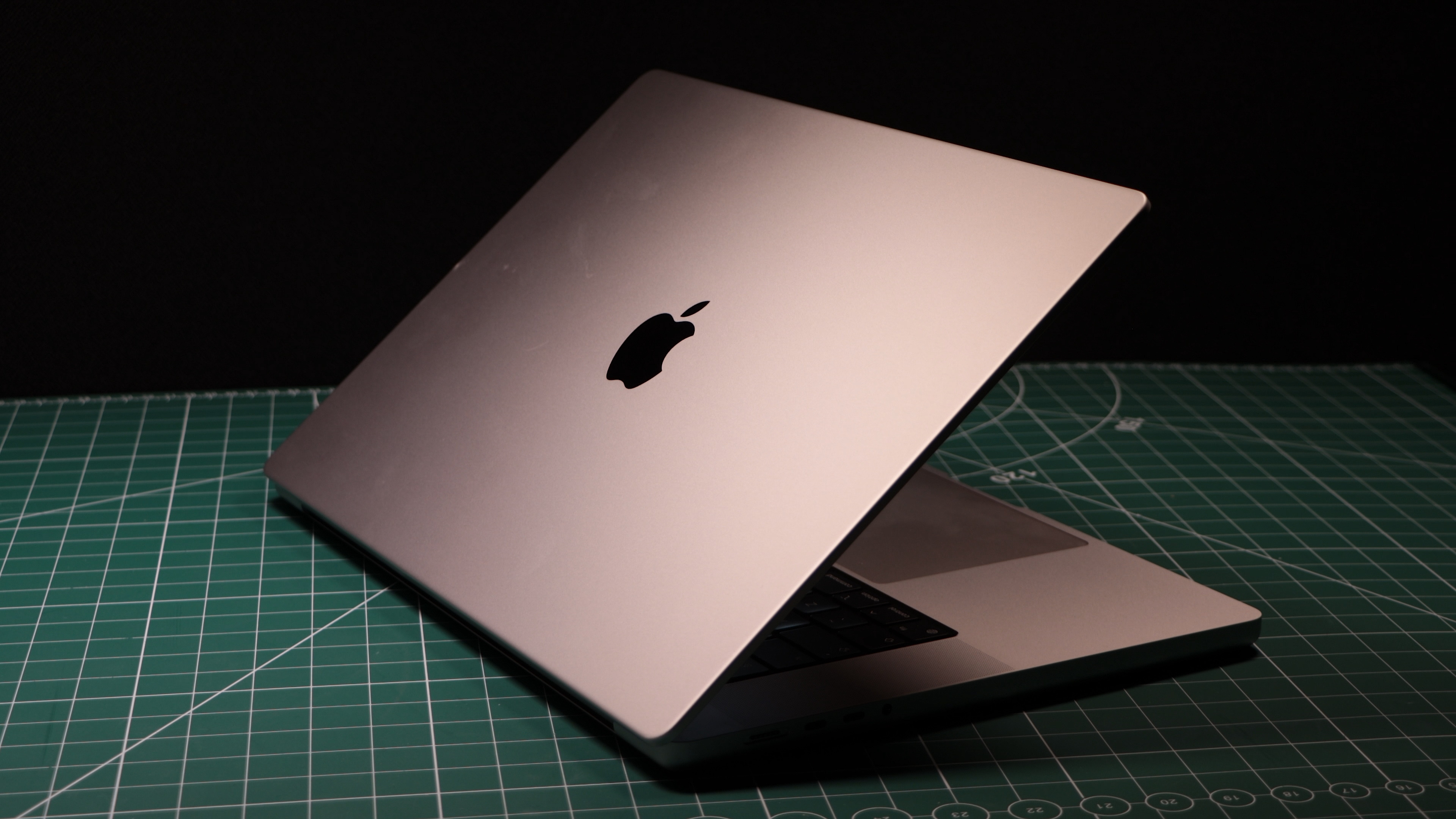Apple, why the heck is my new MacBook’s SSD so slow?
The new M2 Mac mini is also affected, though it’s not as egregious.

If you’re considering picking up one of the newly-released MacBook Pro M2 models, watch out: it looks like Apple has cut some corners (presumably in the name of keeping manufacturing costs down) when it comes to the SSD found in the entry-level iterations of the new laptop.
As spotted by @ZONEofTECH on Twitter, the 512GB drive found in the base configuration of the 2023 MacBook Pro is significantly slower than the SSD used in the previous M1-powered model. It’s a fairly major drop; over 400MB/s slower writes and almost 1,400MB/s slower reads.
This Tweet was later corroborated by 9To5Mac, who ran their own tests and received similar results. Unlike @ZONEofTECH, though, 9To5Mac went one step beyond and cracked open their M2 MacBook Pro to take a closer look at the storage on the motherboard itself.
BREAKING: We’ve just discovered that the base 14” M2 Pro MacBook Pro (512GB) is considerably slower than the previous 14” M1 Pro model. Apple is likely using single SSD modules again (like the base 256GB M2 Air and M2 MacBook Pro). More testing to come. pic.twitter.com/3kMiHVDxaFJanuary 24, 2023
What they found confirmed @ZONEofTECH’s suspicions: the 512GB M2 MacBook Pro uses fewer NAND modules than its predecessor, resulting in slower performance. Modern integrated SSDs commonly utilize multiple NAND chips for storage; the 512GB of storage in the M1 MacBook Pro was distributed across four 128GB chips (previously confirmed in a teardown by hardware repair site iFixit), while it looks like the new model only has two NAND chips - presumably 256GB each.
Analysis: How serious a problem is this, really?
I’m going to go out on a limb here and say that this isn’t actually the disaster some commentators have claimed it to be. Sure, the SSD speed drop is disappointing, but it’s not a difference that the average user will notice. The dual-NAND 512GB SSD is still pretty speedy, to the point where your internet speed is more likely to be a bottleneck for downloads anyway.
If you’re looking for a MacBook Pro deal, I can confirm that the 1TB and above configurations don’t seem to share the same problem. I should certainly hope not, too; it’s $200/£200 to upgrade from the base 512GB drive, a hefty fee considering that you can easily snag a perfectly good half-terabyte of PC storage for under fifty bucks via our SSD deals page.
A great SSD shouldn’t cost so much, and considering that this is a ‘Pro’ product with an already-high price tag starting at $1,999 (and already carries the infamous Apple Tax), it’s particularly offputting. This isn’t a first offense, either; as Tom’s Hardware pointed out last year, Apple pulled the same stunt with the entry-level M2 MacBook Pro 13-inch.
Sign up for breaking news, reviews, opinion, top tech deals, and more.
Intriguingly, it looks like the entry-level 256GB M2 Mac mini has the exact same issue, apparently using a single NAND module instead of the two chips found in the older M1 version. I’m actually willing to let this one slide, though - the 2023 Mac mini is $599/£629, a generational price drop that likely wouldn’t have been possible without this SSD downgrade and marks the new model out as perhaps the best-value compact computer on the market right now.
Ultimately, this shouldn’t be a huge factor for most users - although I’d personally contend that in the modern era, 1TB of storage should be the minimum - since the real-world impact will be relatively minor. If massive file transfers are a frequent part of your laptop routine, though, you should definitely consider springing for the upgraded model.

Christian is TechRadar’s UK-based Computing Editor. He came to us from Maximum PC magazine, where he fell in love with computer hardware and building PCs. He was a regular fixture amongst our freelance review team before making the jump to TechRadar, and can usually be found drooling over the latest high-end graphics card or gaming laptop before looking at his bank account balance and crying.
Christian is a keen campaigner for LGBTQ+ rights and the owner of a charming rescue dog named Lucy, having adopted her after he beat cancer in 2021. She keeps him fit and healthy through a combination of face-licking and long walks, and only occasionally barks at him to demand treats when he’s trying to work from home.